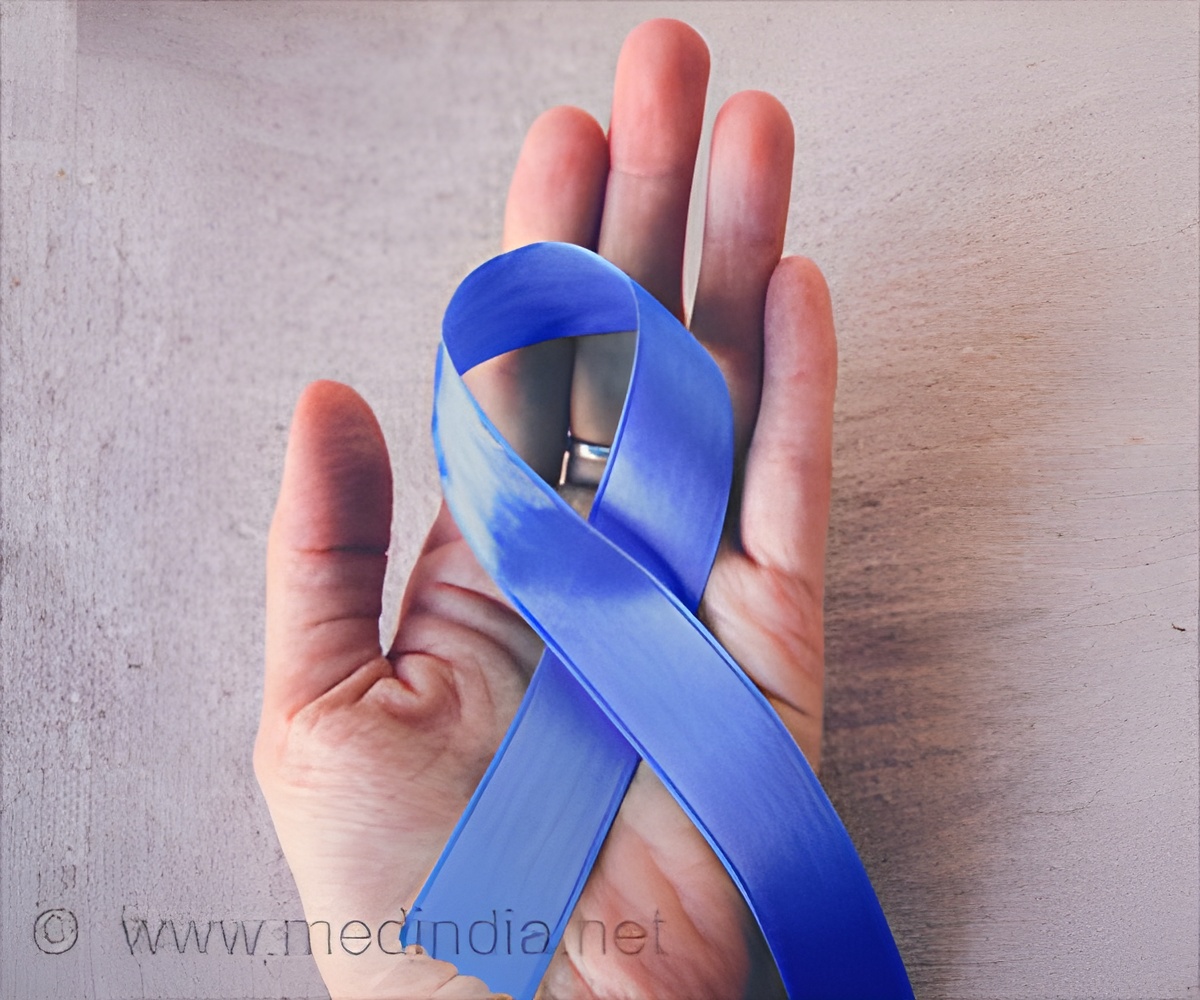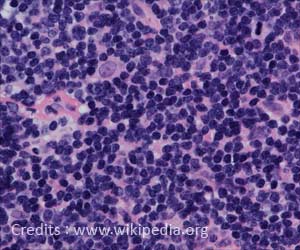Scientists investigate a treatment regimen for Burkitt lymphoma with reduced doses over more time, preventing serious side effects.

‘Modified R-CODOX-M/IVAC regimen found safe and effective for treating Burkitt's lymphoma compared to short-term intense regimens.’
Read More..




CODOX-M and IVAC regimens have proved effective for the treatment of sporadic BL. But, these standard regimens are short-term and intensive, which frequently causes high toxicity and severe, sometimes life-threatening complications, which may not be ideal of Asian population.Read More..
In a study recently published in Cancer Biology & Medicine, scientists from Sun Yat-sen University Cancer Center (SYSUCC), China, sought a solution to these problems.
Researchers hypothesized that a CODOX-M/IVAC regimen with lower dosage but a longer exposure time would be just as effective as the recommended treatment but with a reduced resulting toxicity.
They conducted a retrospective study in which 123 HIV-negative patients with untreated sporadic BL were enrolled at SYSUCC between 2008 and 2019.
The patients were divided into low-risk and high-risk groups; low-risk patients received four to six cycles of R-CODOX-M, whereas high-risk patients received six to eight alternating cycles of R-CODOX-M and IVAC.
Advertisement
Serious mucositis did not occur at all in this study. Moreover, sepsis cases were only four, and treatment-related mortality among the high-risk patients was 2 out of 74 patients.
Advertisement
The research team hopes that prospective trials will be conducted in the future using the proposed treatment strategy. “We believe that the modified R-CODOX-M/IVAC regimen may be more suitable for clinical application than the current guidelines and therefore deserves further evaluation,” concludes Dr. Lin.
Source-Medindia











